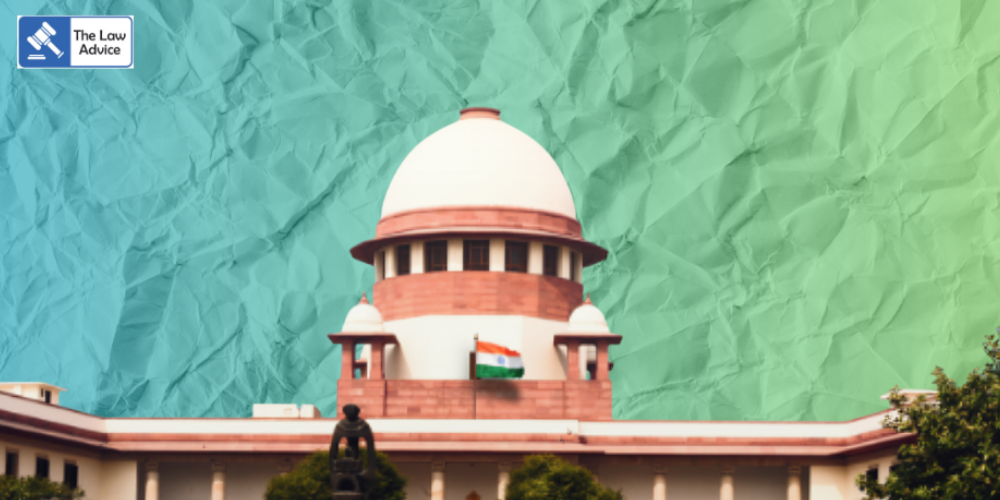
The Supreme Court on Monday dismissed a Public Interest Litigation (PIL) seeking implementation of reservation in voluntary agencies, institutions, and autonomous bodies receiving financial assistance from the Union Government. However, it allowed the petitioners to submit a detailed representation to the authorities concerned for consideration.
A Bench comprising Justices Surya Kant, Ujjal Bhuyan, and Joymalya Bagchi observed that policy decisions on extending reservation benefits fall within the government’s domain and cannot be directed by the Court. “We have no reason to doubt that the authorities shall consider the representation in line with the government’s policy, if any,” the Bench remarked.
The PIL sought enforcement of reservation in recruitment and service conditions within organizations and bodies that receive government grants-in-aid. The petitioners argued that as early as 1974, the Centre had issued executive directions (dated 30.09.1974 and 07.10.1974) mandating such organizations to ensure reservation for Scheduled Castes, Scheduled Tribes, and Other Backward Classes. They pointed out that subsequent circulars even required ministries to include a clause compelling grant-in-aid recipients to follow the reservation policy. Despite these directions, compliance remained absent.
Appearing for the petitioners, Senior Advocate Dr. S. Muralidhar submitted that these executive instructions have been repeatedly reissued over the past five decades, the latest being by the Department of Personnel and Training (DoPT) in 2024, yet the directives remain largely unimplemented.
Justice Surya Kant, however, noted that the 2024 communication was not a new instruction but a compilation of previous circulars. He also observed that the matter appeared to have stemmed from a question raised in the Lok Sabha, and instead of filing broad RTIs, the petitioners could have chosen one or two specific organizations receiving government aid and demonstrated non-compliance as a pilot case.
The Court emphasized that the petitioners should have first submitted a comprehensive representation to the Union Government, identifying such defaulting organizations and urging the authorities to act—possibly even by withholding grants—rather than directly seeking judicial intervention.
“The petitioners, without allowing reasonable time for the authorities to act upon their grievances, have rushed to this Court. They should have furnished concrete details regarding one or two organizations where reservation was not being implemented and sought administrative redress before approaching us,” the Bench observed.
It further noted that the RTI queries relied upon by the petitioners were vague and lacked actionable data. “Unfortunately, the information sought through RTI applications does not pinpoint any specific organization violating the mandate. Instead, the queries broadly asked for reservation-related details from the authorities,” the Court said.
Concluding the hearing, the Bench reiterated that reservation is a policy matter, lying within the discretion of the government. “Prescription of reservation, whether conditionally or unconditionally, is a prerogative of the policymakers. It may not be appropriate for this Court to interfere in that domain,” it stated.
Appearance: Sr. Adv. Dr. S. Muralidhar; Advs. Md. Imran Ahmad, R. Jude Rohit, Ninni Susan Thomas, Ariana D. Ahluwalia, Yashodhara Singh, Amarjeet Gupta, Perpeet Brar, Ashu Khan, Vaishnavi Gaur; AoR Anil Kumar.
Case Title: Saurav Narayan & Ors. v. Union of India & Ors., W.P.(C) No. 1018/2025
Website designed, developed and maintained by webexy